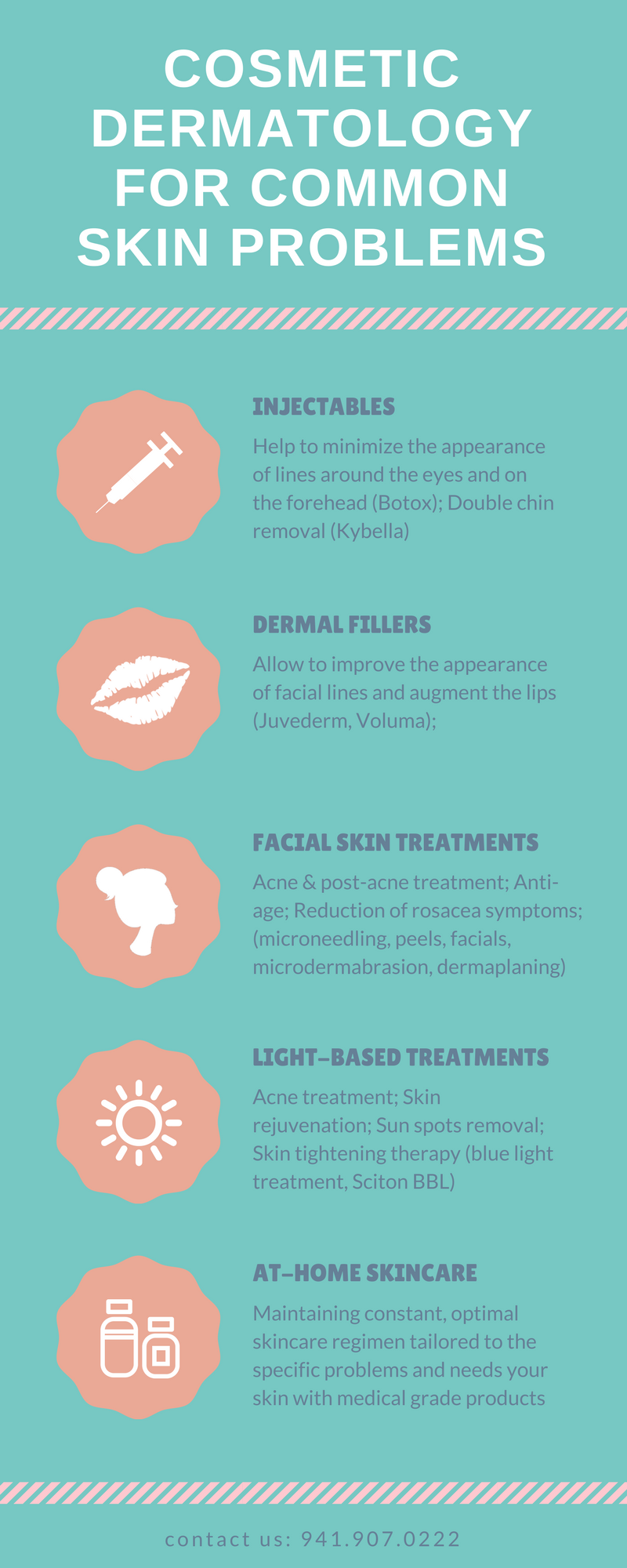Misconceptions And Realities About Acne: Debunking Common Misconceptions
Misconceptions And Realities About Acne: Debunking Common Misconceptions
Blog Article
Web Content Composed By-Ebsen Powers
You might assume that delighting in chocolate or greasy foods is the source of your acne, but that's simply one of lots of myths swirling around this common skin disease. As a matter of fact, acne mostly comes from clogged hair follicles, not your last treat. Misunderstandings like these can lead you to adopt inadequate skincare techniques that may even intensify your situation. As you navigate the realities behind acne, you'll discover understandings that might transform your method to skincare and aid you attain clearer skin. So, what actually exists below the surface area?
Common Myths About Acne
When it pertains to acne, lots of people count on typical myths that can bring about complication and disappointment. One widespread myth is that eating delicious chocolate or oily foods creates acne. While diet can affect skin health and wellness, the direct link in between details foods and acne isn't as clear-cut as numerous assume.
Another usual misconception is that you must scrub your face strongly to improve outbreaks. Actually, aggressive rubbing can irritate your skin and get worse acne.
You may also think that acne only influences teens, but adults can experience it also, typically because of hormonal adjustments or anxiety. Some people believe that tanning can clean up acne, however sunlight exposure can in fact cause skin damages and aggravate outbreaks in the long run.
Finally, many think that using rough items will get rid of acne swiftly. However, these products can strip your skin of its natural oils, causing boosted irritability and even more breakouts.
Scientific Facts Behind Acne
Recognizing the clinical facts behind acne can equip you to tackle this common skin condition more effectively.
Acne takes place when hair follicles become obstructed with oil, dead skin cells, and microorganisms. This process typically begins with an overflow of sebum, the oil your skin normally creates. Hormone modifications, particularly during puberty or menstrual cycle, can activate this excess oil.
Bacteria called Propionibacterium acnes prosper in these blocked pores, bring about swelling. When your immune system responds, it can cause redness and swelling, resulting in those bothersome pimples or cysts.
Genetics also play a role; if your moms and dads had acne, you could be much more vulnerable to it.
Diet and anxiety degrees can affect acne as well, but study is still advancing in these locations. While indulging in related web-site will not directly trigger outbreaks, a balanced diet regimen can sustain your skin health and wellness.
Also, managing stress and anxiety can minimize hormonal changes that may intensify acne.
Tips for Handling Acne
Taking care of acne properly requires a combination of daily skin care habits and way of life changes. Begin by developing a regular skin care regimen. Cleanse your face two times a day with a mild, non-comedogenic cleanser to eliminate dust and excess oil. Avoid scrubbing too hard, as this can irritate your skin and intensify acne.
Next, incorporate products consisting of salicylic acid or benzoyl peroxide to help prevent breakouts. Always follow up with a lightweight, oil-free moisturizer to maintain your skin hydrated. Don't fail to remember sun block; select non-comedogenic choices to safeguard your skin from UV damage without obstructing pores.
Beyond skin care, focus on your diet regimen. Restriction sweet and oily foods, and concentrate on fruits, vegetables, and entire grains. Remaining moisturized is crucial, so drink plenty of water throughout the day.
Additionally, handle nano needling vs microneedling through activities like yoga, reflection, or exercise, as tension can activate breakouts.
Last but not least, stay clear of selecting or popping pimples. This can bring about scarring and further swelling. If your acne persists, consult a dermatologist for individualized therapy options.
Conclusion
In conclusion, it's essential to separate fact from fiction when it pertains to acne. By debunking usual myths, you can better understand your skin and make notified selections for your skin care regimen. So, why remain to believe in obsolete concepts when the truth can encourage you? Accept healthier routines, concentrate on mild cleaning, and remember that taking care of acne is a journey. With the best knowledge, you're one step closer to clearer, healthier skin.
